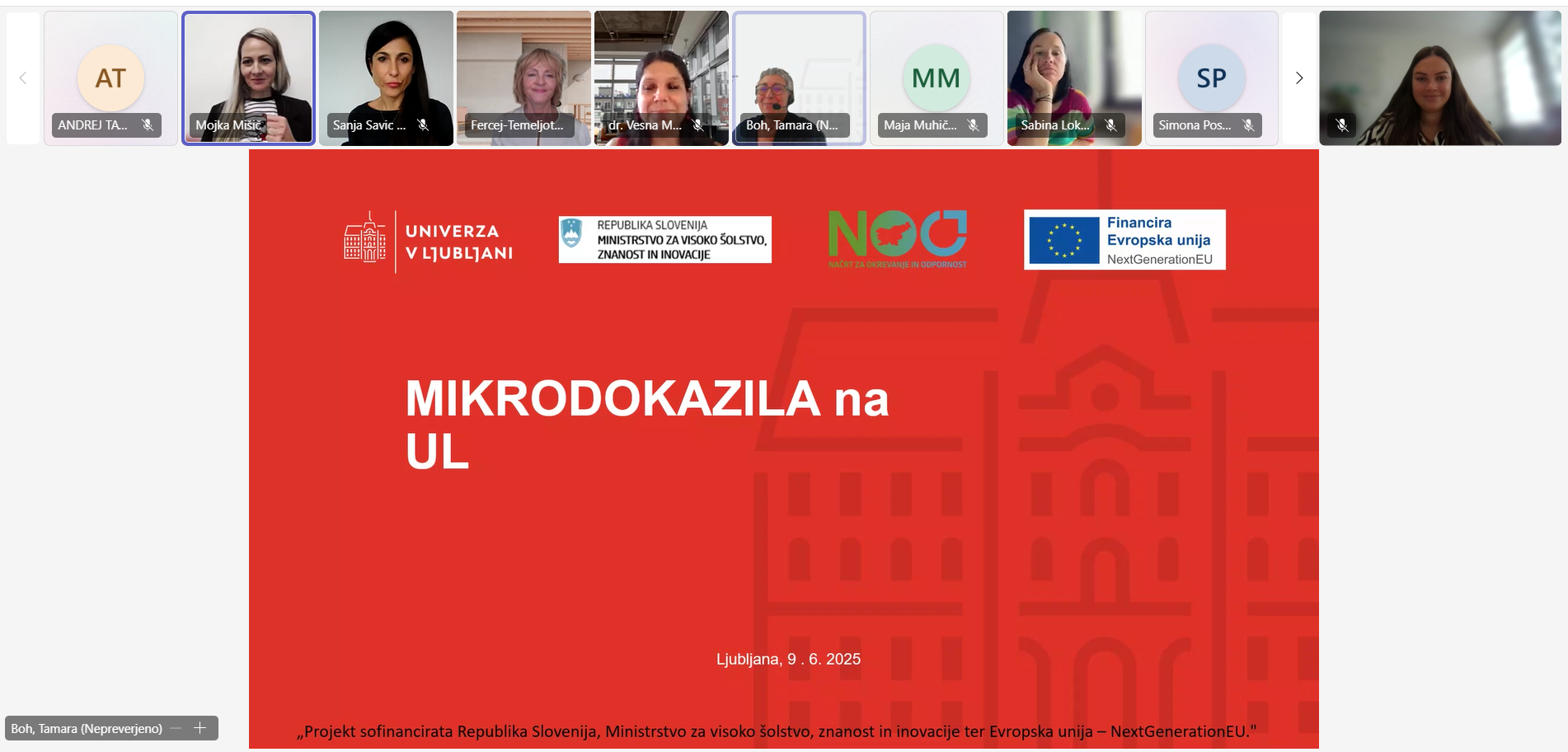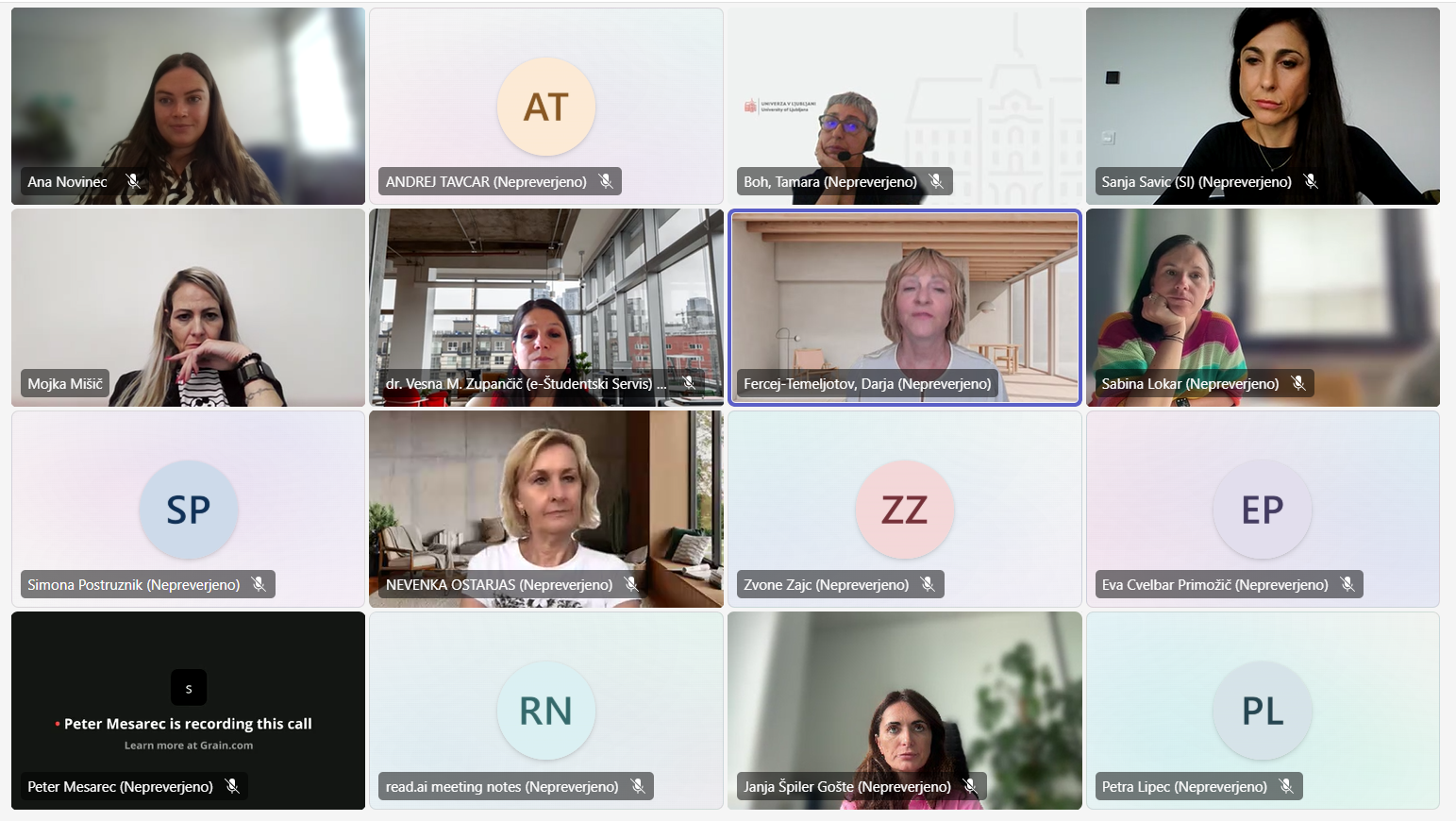Meeting of the AmCham Future of Work and Education Committee
The AmCham Future of Work and Education Committee meeting, held on June 9, 2025, focused on one of the most relevant trends in skills development: micro-credentials. These are digital certificates of acquired competencies – gained in both formal and non-formal settings – that are increasingly becoming an integral part of talent development strategies and individual career paths.
The discussion revolved around key questions:
- How can we ensure the quality and credibility of micro-credentials?
- How can they be integrated into HR processes?
- How can we align academia, business, and policy-makers around a shared vision?
The Academic Perspective: Standards, Quality, and Employer Collaboration
Guest speaker Tamara Boh, Deputy Secretary General of the University of Ljubljana, presented how the University is systematically introducing micro-credentials. In 2024, the University began implementing accredited short training programs designed to provide quick but high-quality learning opportunities. These micro-credentials are developed in collaboration with employers, who propose relevant content. University experts then co-create the programs, which are certified by the Lifelong Learning Program Council. The process also includes evaluation by participants and employers.
The system has shown rapid growth: in 2025 alone, 89 programs have been approved, with over half already successfully implemented. Most participants are employees seeking to expand their knowledge in areas such as the green transition, digitalization, safety, and health.
From the Business Sector: The Case of Lek
Darja Ferčej Temeljotov, PhD from the pharmaceutical company Lek shared her experience of co-creating a pilot micro-credential training project with the University of Ljubljana. She emphasized that micro-credentials fill the gap between long-term academic programs and the immediate needs of companies.
Ten selected employees took part in the program, which was delivered by lecturers from the Biotechnical Faculty, with support from two internal mentors at Lek. The key value of the project was the opportunity to acquire specific, high-demand knowledge quickly and with verified quality – leading to a certificate that is expected to gain EU-level recognition and portability between employers.
Micro-credentials are not just a new format of learning – they are a timely response to the rapidly evolving needs of the labor market, where time, quality, and the relevance of competencies are becoming the currency of the future.


